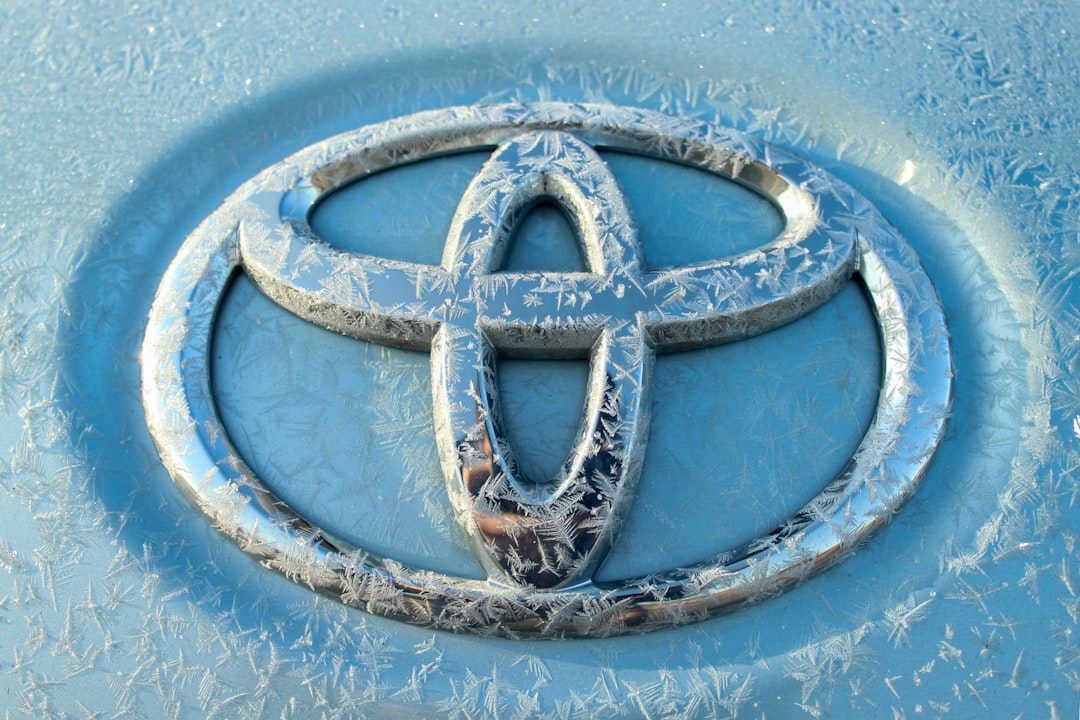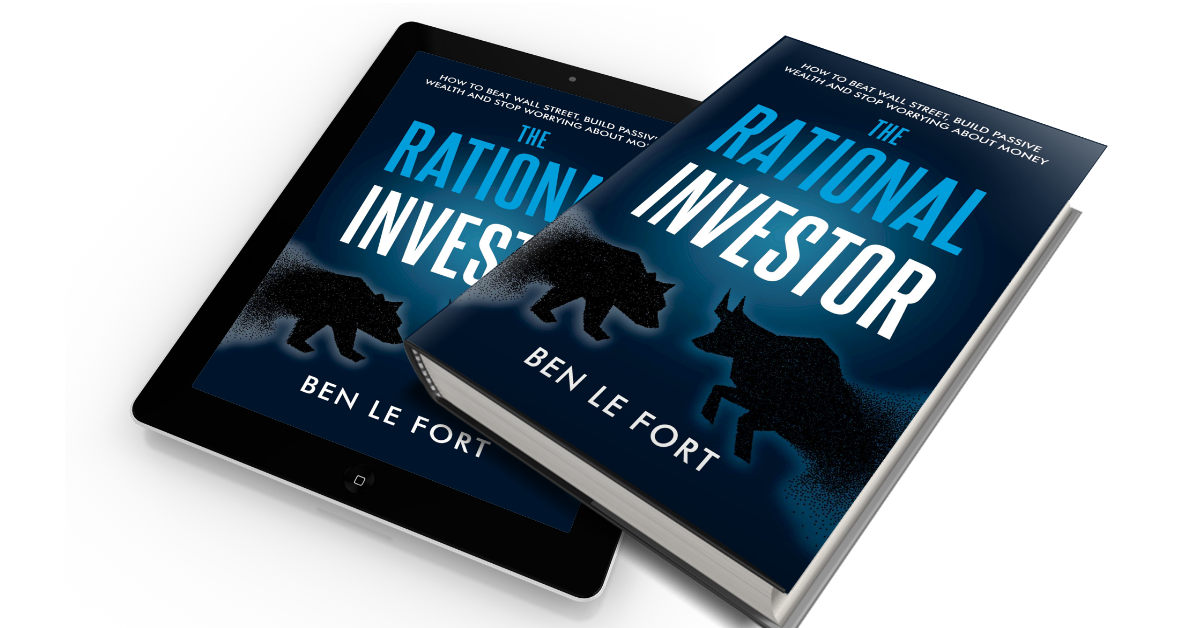Happiness Is a Daily Latte, a Toyota Carolla, and 3-star Vacations
Personal finance writers, don't know much about happiness

If you had the opportunity to indulge a little, how would you choose to spend your money?
Option A: Small but frequent indulgences?
Option B: Expensive but infrequent splurges?
(Before you continue reading, leave a comment and tell me if you choose A or B and why)
If you read a lot of personal finance blogs that emphasize frugality as the path to wealth, you probably chose Option B.
A common talking point of hacky personal finance writers is that small daily indulgences like a latte are some kind of financial sin. “Brew your coffee at home, and become a millionaire.”
Have you ever met a single person who became a millionaire by swearing off Starbucks?
Me neither.
I don’t think it matters from a wealth-building perspective if you choose option A or B. What I want to talk about today is which of these two options is likely to make you happier.
If your goal is to be happy, Option A: Small but frequent indulgences, is the way to go.
In this edition of Buying Happiness, I explain why that is and what implications that has for how you spend your money on everything from travel to cars and even where you live.
Happiness is about frequency, not intensity
Diener et al. (1991) wanted to answer what makes someone happy. They consider three options.
Small but frequent feelings of happiness
Big but infrequent feelings of happiness
Big and frequent feelings of happiness
A standard definition of happiness is “subjective well-being,” a measure of the relative frequency of positive vs. negative emotions. If you are awake for 16 hours a day, how many of those hours you feel happy and how many you feel unhappy will determine your subjective well-being.
Maximizing the amount of time you feel happy and minimizing the amount of time you feel unhappy is the key to a happy life.
Reading that last sentence aloud sounds so obvious that the only logical response is, “Duh!”
As obvious as that definition of happiness is, others often tell us to live in the exact opposite way. A great deal of personal finance advice can be summarized in two words: “delayed gratification.”
From a financial perspective, delayed gratification means spending less money today so that you can save/invest and spend more in the long run.
If your only life goal was to maximize wealth, the rational conclusion would be a neverending cycle where you are constantly delaying gratification and saving instead of spending.
If you constantly deny yourself simple pleasures and have feelings of extreme guilt every time you indulge yourself, you are likely to die wealthy…and unhappy.
Don’t get me wrong, the ability to delay gratification is an essential life skill. The problem is that so many people choose one extreme or the other.
Some people spend every dollar they get their hands on and struggle to get ahead financially.
Others cling to every penny as if they will never earn another cent for the rest of their life.
The key to a happy and prosperous life is that sweet spot where you allow yourself to spend money on things you enjoy while also saving for your future.
Let’s focus on the spending aspect and why frequent, inexpensive purchases create more happiness than occasional luxury purchases.
Today’s post is brought to you by…Me and my book “The Rational Investor.”
Pick up your copy of The Rational Investor to learn:
Why index funds are the investment of choice to build passive wealth (page 23)
The two critical steps to properly diversify your portfolio (page 33)
Which expensive and complex “alternative” investments that the financial services industry will try and sell you, and why you don’t need them (page 61)
How to do the most difficult thing as an investor: sit still and do nothing when everyone else is panicking (page 164)
You’ll love this book because it will make investing simple, inexpensive, and profitable.
Pick Up Your Copy Here.
(Paid subscribers can get it for free here)
Happiness is a daily latte, a Toyota Carolla, and 3-star vacations
As we just covered, happiness is about feeling good more often than you feel bad. The problem is that you have a limited budget, so you need to make your spending count.
This is why spending on small purchases more frequently is a better strategy than saving up for one big expense. Buying a latte every day is probably doing more for your happiness than depriving yourself of that latte every single day so that you can spend all that money on a single meal at a 5-star restaurant every month.
It doesn’t matter what type of purchase we talk about; the evidence is consistent. Making smaller but more frequent purchases makes most people happier spending on bigger luxury items less often.
Okulicz-Kozaryn et al. (2015) find that people who buy flashy luxury cars (greater than $35,000) are no happier than people who buy boring cars like a Toyota Carolla. But when you buy a flashy car, you have higher car payments, leaving you less money to spend on other things that make you happy.
As I covered in detail here, buying a bigger house won’t make you happier. Eventually, you adapt to living in your big house and lose the initial increase in happiness you felt when you took the keys from the realtor.
Chen-Chu et al. (2021) find that people who travel more frequently are happier than those who travel infrequently.
Experiences like travel bring us happiness in three ways:
The anticipation of an upcoming experience
The joy of the experience in the moment
The memories that experiences create
In the past year, I took four vacations.
A trip home to visit family in Halifax
A bike trip weekend with old friends
A road trip to Ottawa
A “guys’ trip” to New York
The first three trips were inexpensive, and the trip to New York was very expensive.
But all of these trips provided me joy from anticipating the trip, the experience, and reminiscing on the memories created from the trip. The vacation to New York did not make me any happier than the road trip to Ottawa—both trips were with the same friends—but it did cost five times as much.
If every day were a 10/10, happiness would lose all meaning
Even if you were filthy rich and could afford to buy the best of everything all of the time, it probably wouldn’t make you happier.
Quoidbach et al. (2010) find that wealthy people who can afford to make luxury purchases every day lose the positive emotional experience that luxury provides.
The first time you fly, first class is a magical experience. You have more legroom, you get free snacks and drinks, and you get priority treatment for the duration of the flight. But after flying first class for 100 consecutive flights, you don’t feel the same magic.
When you fly first class for the first time, you truly appreciate it because you compare it to flying coach. The more often you fly first class, the less you compare it to flying coach and the more you compare it to the last time you flew first class. In other words, if you have unlimited access to the finest luxuries, they start to feel very ordinary.
If you want to be happy, spend more frequently on inexpensive things and experiences that bring you joy.
Happiness is in the frequency, not the intensity.
Get smarter with money
Consider becoming a paid subscriber and unlocking my full archive of posts.
This article is for informational purposes only. It should not be considered Financial or Legal Advice. Not all information will be accurate. Consult a financial professional before making any major financial decisions.







I'm all about option A, small but frequent indulgences. Enhancing quality of life every day definitely makes me happier than going out to occasional nice meals or taking a fancy vacation.
For instance, last year I joined a gym/hot springs spa near my house. I'd gone there on guest passes every few months as a special treat for years, and finally bit the bullet and joined as a member. Now I can go workout or soak in the hot springs (plus sauna and cold plunge) whenever I want! Wow it has made me a happier person! Especially as a strategy to get through the dark winters where I live.
I'm so happy to forego a big vacation in favor of getting to feel great in my body and relax anytime I want to.
A definitely.